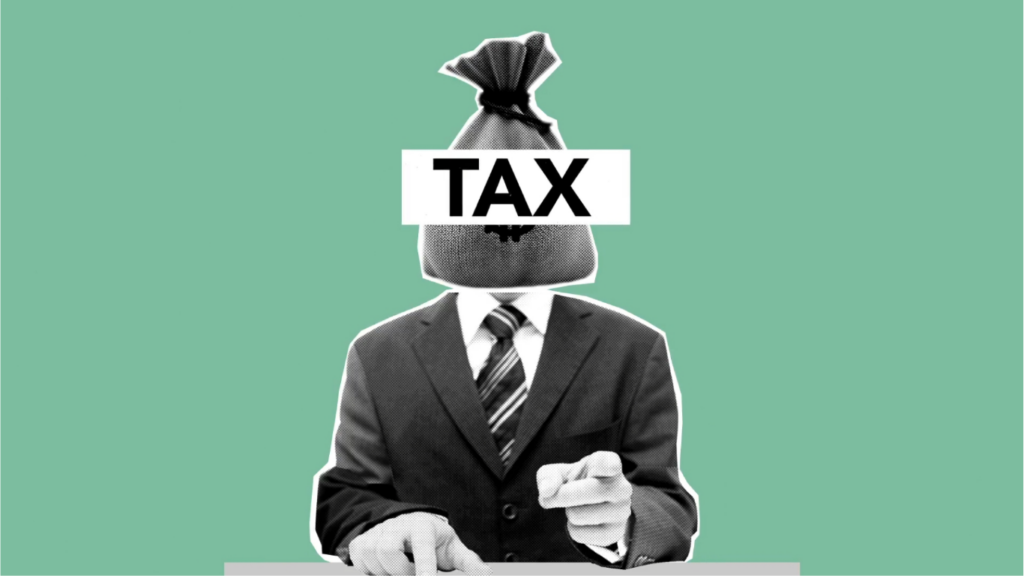What Are Property Taxes?
Property taxes represent a mandatory charge on property ownership. They support community services and finance local government operations.
Definition And Purpose
Property taxes, primarily imposed by local governments, are levies on real estate like residential homes, commercial buildings, and land. They provide funding for public services, including schools, law enforcement, infrastructure, and public health programs. Given property’s immobility, local authorities find it an effective revenue source.
- Real Estate Taxes
These taxes apply to land and structures. Owners of homes and commercial properties contribute to local budgets through real estate taxes. For example, funds often go toward local schools and road maintenance. - Personal Property Taxes
These are levied on movable assets such as vehicles, equipment, and machinery. For landlords, this might include equipment used in rental properties. Typically, personal property taxes support local services, enhancing the property’s value.
Property taxes are essential for maintaining and improving community services, ensuring a well-functioning local government, and contributing to the property’s overall value through infrastructural and public service improvements.
How Property Taxes Are Calculated

To calculate property taxes, officials consider both the assessed value of the property and the applicable tax rates or millage rates.
Assessing Property Value
Assessed value forms the backbone of property tax calculations. Local government assessors evaluate properties periodically to determine this value. They consider factors like property size, location, improvements, and market conditions. For instance, a renovated kitchen or additional garage could increase a property’s assessed value. Assessors use a standardized approach, ensuring uniformity and fairness within the jurisdiction. This value might differ from your property’s market value, which is the price it could fetch in an open market.
Tax Rates And Millage Rates
Once the assessed value is established, tax rates or millage rates come into play. A tax rate is usually expressed as a percentage of the assessed value. Millage rates represent the amount per $1,000 of assessed value. For example, a millage rate of 20 means $20 per $1,000 of assessed value. Local authorities set these rates based on budgetary needs to fund services like schools and public safety. By multiplying the assessed value by the tax rate or applying the millage rate, landlords can determine their annual property tax liability.
Common Deductions And Exemptions For Landlords
Navigating property taxes becomes easier when you understand the potential deductions and exemptions available. These can significantly reduce your tax liability.
Homestead Exemption
The Homestead Exemption provides property tax relief for homeowners using their property as a primary residence. Though typically for homeowners, some states extend variations of this benefit to landlords. If tenants meet specific qualifications, landlords can claim this exemption. Check your local regulations to see if this applies to your rental properties.
Depreciation Benefits
Depreciation Benefits are another valuable tax deduction for landlords. Over time, rental properties depreciate due to wear and tear. The IRS allows landlords to deduct a portion of the property’s cost annually. For residential properties, the standard depreciation period is 27.5 years, whereas commercial properties use a 39-year period. By deducting depreciation, landlords can lower their taxable rental income, thus reducing overall property tax liability.
Tips For Managing Property Taxes
Proper management of property taxes is essential for landlords to minimize liabilities and ensure compliance.
Keeping Accurate Records
Maintaining detailed records helps track expenses and prepare for tax filings.
- Store receipts for repairs, maintenance, and improvements.
- Use spreadsheets or accounting software to organize data.
- Document rental income meticulously to avoid discrepancies.
- Keeping digital copies prevents loss of important documents.
Working With A Tax Professional
Consulting a tax professional can optimize tax strategies. Professionals understand local tax laws and can identify potential deductions. They help in planning for future tax payments based on rental income fluctuations. If there are properties in different regions, they provide insights on varying tax regulations. Engaging a tax advisor reduces errors and audits, ensuring accurate filings and maximum benefit entitlement.
Consequences Of Non-Payment
Failure to pay property taxes can lead to severe consequences for landlords. It’s crucial to understand these repercussions to avoid financial and legal issues.
Penalties And Interest
Unpaid property taxes accrue penalties and interest. Local governments impose these charges to encourage timely payments. For example, a 10% penalty might apply after the due date, with additional interest accumulating monthly. Over time, these extra costs significantly increase the total amount owed, making it harder to settle the debt.
Potential Legal Actions
Non-payment of property taxes can result in legal actions. Local authorities can place a lien on the property, restricting the owner’s ability to sell or refinance. If the debt remains unpaid, municipalities may initiate tax foreclosure processes. In severe cases, this could lead to the sale of the property at a tax auction. Ensuring timely tax payments helps prevent these drastic measures.s.

 Ron Wilson has played a vital role in the establishment of Villa Estates Luxe, bringing his expertise in property management and investment strategies to the project. His guidance has been invaluable in developing comprehensive buying guides that empower potential villa owners to make informed decisions in a competitive market. Ron's in-depth knowledge of market dynamics has informed the platform's analysis and reporting, allowing users to navigate complex real estate trends with confidence. His commitment to excellence and dedication to educating clients have not only enhanced the platform’s credibility but have also established Villa Estates Luxe as a go-to source for industry insights and investment strategies in the luxury villa sector.
Ron Wilson has played a vital role in the establishment of Villa Estates Luxe, bringing his expertise in property management and investment strategies to the project. His guidance has been invaluable in developing comprehensive buying guides that empower potential villa owners to make informed decisions in a competitive market. Ron's in-depth knowledge of market dynamics has informed the platform's analysis and reporting, allowing users to navigate complex real estate trends with confidence. His commitment to excellence and dedication to educating clients have not only enhanced the platform’s credibility but have also established Villa Estates Luxe as a go-to source for industry insights and investment strategies in the luxury villa sector.